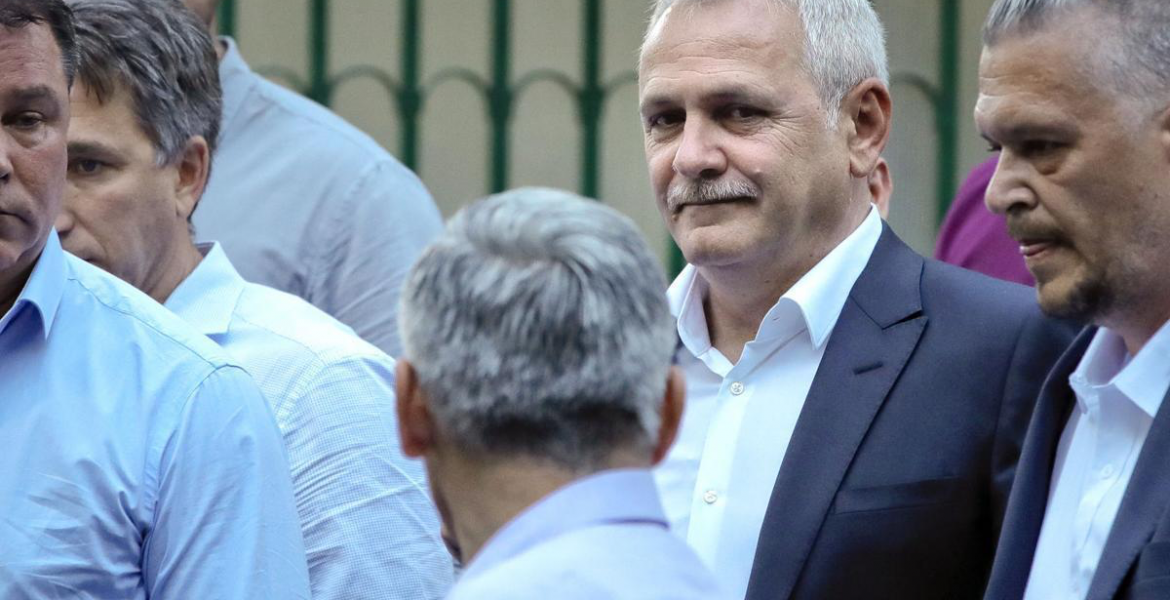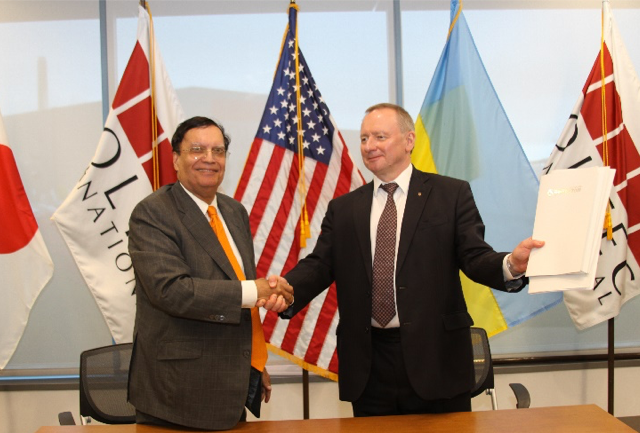The spotlight had already been on Romania’s prison conditions due to a report earlier this year by the Council of Europe’s Committee for the Prevention of Torture and Inhuman or Degrading Treatment or Punishment (CPT). The international scrutiny has continued with the imprisonment of Liviu Dragnea, the leader of country’s Social Democrat party.
The imprisonment of Mr Dragnea drew more attention to the Committee’s report. His imprisonment was widely covered in the international media, not least because it seemed a dramatic end to an influential career. But the conditions in which he would be imprisoned were also of interest. The CPT report states that, during their visit, they learned a considerable number of allegations of physical ill-treatment of prisoners by prison staff were received, notably by members of the masked intervention groups based in four of the five prisons visited. The CPT found the situation particularly alarming at Galaţi Prison where a climate of fear was evident. The report detailed several allegations of ill-treatment by staff corroborated by medical evidence and raised serious concerns over the lack of recording of injuries by the health care service and failures to investigate allegations effectively. In the light of the grave findings, the CPT questioned the raison d’être and modus operandi of the masked intervention groups. There have been calls on the Romanian authorities to reconsider their continued existence.
The CPT’s report also documented several cases of severe beatings and sexual abuse by prisoners in their cells, notably among young adult prisoners at Bacău Prison. The CPT urged the authorities to put in place a cell-share risk assessment process for each person entering prison before they are placed in an admission cell, followed by drawing up and implementing an individual risk and needs assessment. As part of the strategy to combat inter-prisoner violence, the CPT recommended that the authorities invest far more resources in recruiting additional staff and developing their professionalism and training. Such an approach would also enhance the efforts underway to offer prisoners purposeful activities to prepare them for reintegrating into the community.
The CPT’s findings showed that the health care services in the prisons visited were in many instances not providing an adequate standard of care. Conflicts of interest of health care staff represented a major underlying problem which eroded the patients’ trust in their clinicians. The CPT recommended that the Romanian authorities ensure that clinical staff are truly independent of prison staff. The report also highlighted the lack of psychiatric input evident in all the prisons visited, and that inmates suffering from a mental health illness had to cope with conditions of detention which impaired their mental and physical health.
The CPT noted a number of allegations of physical ill-treatment (many of which corroborated by medical evidence) by police officers were received from detained persons. The allegations consisted primarily of slaps, punches, kicks and baton blows inflicted by police officers against criminal suspects either at the time of the arrest or during questioning at a police station, apparently for the primary purpose of coercing a confession. The CPT also commented on the investigation into allegations of police ill-treatment and recommended that prosecutors strictly apply the criteria of effectiveness.
The CPT criticised the holding of criminal suspects and remand prisoners in police arrest detention centres for up to two months or more, where they are exposed to a greater risk of intimidation and pressure. These concerns are accentuated by the poor material conditions, inadequate health care and impoverished regime for persons held in arrest detention centres. The CPT urged the Romanian authorities to consider converting arrest detention centres into proper pre-trial detention facilities and placing them under the authority of the Ministry of Justice and the National Prison Administration.
Since the CPT’s report, there have been further concerns that an electronic monitoring system (using electronic bracelets) has been introduced, without any clarity over who will manage this system or who will take responsibility for importing the technology.
A Brussels-based human rights expert commented: “It is staggering that these conditions exist inside a European prison system. One can only hope that the speculation regarding Mr Dragnea’s prison experience might lead to greater attention being paid to the prison experience of people of all backgrounds imprisoned in Romania. The country is sitting on a scandal similar to that of the orphanages of decades ago. Imprisonment is a punishment, yes, but inhumane treatment is never acceptable and should not be possible inside the European Union.”




